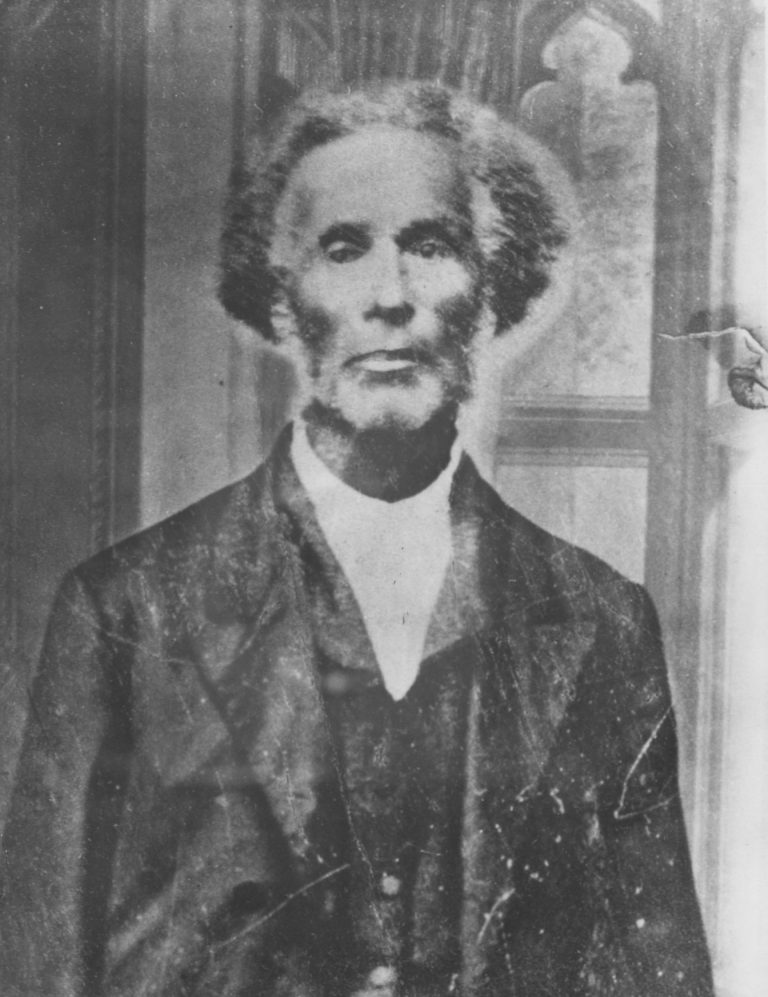Adam Crosswhite and his family escaped from slavery, a system by which a person is forced to work without pay and doesn’t have freedom, in Kentucky. They traveled north and settled near Marshall, Michigan. Adam feared that slave catchers from Kentucky might come to Michigan and take him and his family back. He asked his neighbors to help in case his family was in danger. He would signal to them by firing a single shot from a gun.
The Signal
One morning in 1847, the neighbors heard the signal and ran to his house. Four men from Kentucky were at the door. They had come to take the Crosswhite family back into slavery. A group of 100 community members, both black and white, gathered at the house. They distracted the Kentuckians while Adam, his wife and their four children escaped by train to Detroit and then to Canada.
Taken to Court
The men from Kentucky were angry. They took the people of Marshall to court. The Kentuckians said that the Crosswhites were their property, and that the people of Marshall stole their property from them. At the end of the the court case, the people from Marshall had to pay money to the enslavers, people who enslave another person, to make up for the lost property. The people of Marshall thought that the price was worth getting the Crosswhites safely into Canada.
In 1850, the United States passed the Fugitive Slave Act. It also allowed slave catchers to go to free states to kidnap people who had escaped from slavery. Many people in Michigan disagreed with this law, but they had to obey it. In 1855, Michigan made it harder for slave catchers to find people who escaped slavery in the state by passing a law that said state and local officials could not help slave catchers.
This story is adapted from an article in the Spring 2001 issue of The Mitten, a publication of the Michigan History Center.



